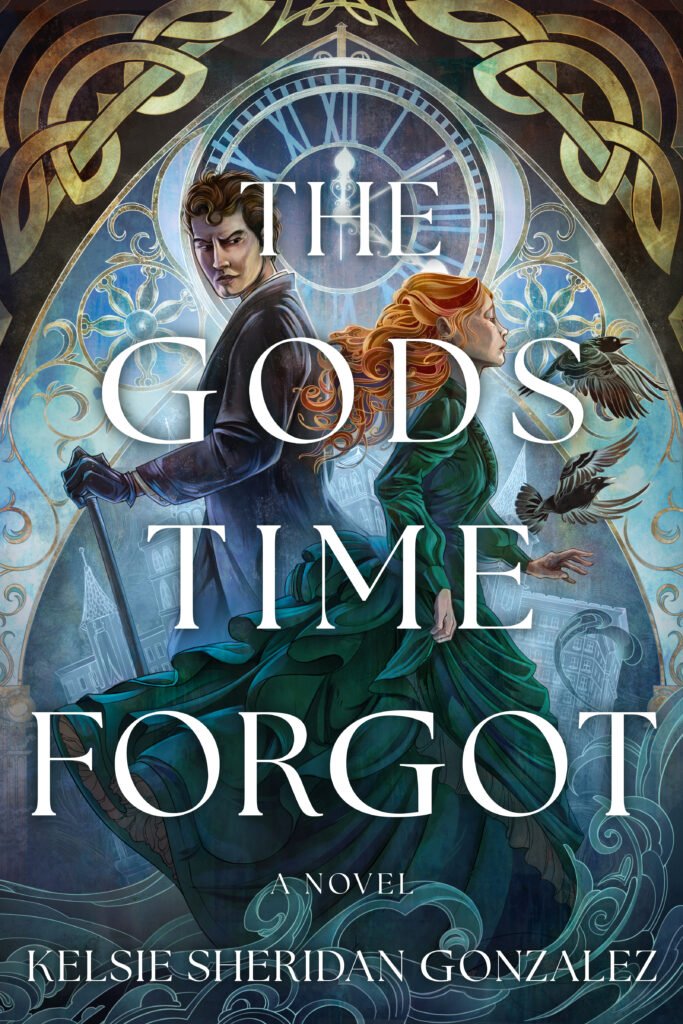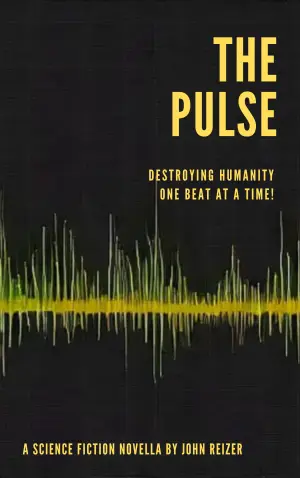Book Review: The Gods Time Forgot by Mikaela
When I stumbled upon The Gods Time Forgot, I was immediately drawn in by the allure of ancient mysteries entwined with the opulence of Manhattan in 1870. I’d hoped for a lush dive into the dark corridors of history and magic, crafted by Mikaela. However, as much as I wanted to immerse myself in this tale of forgotten gods and lost identities, I found myself grappling with its execution.
Plot & Characters: A Confusing Journey
The story kicks off with Rua, a young woman who remembers nothing but her name. When the Harrington family stakes a claim on her, insisting she’s their missing daughter Emma, Rua steps into a role that feels almost too convenient. The intrigue around her past piques curiosity, particularly when the enigmatic Finn—the Lord of Donore—comes into play. Their connection hints at a familiarity that unfolds amid a backdrop of dark magic and ancient secrets.
In theory, this setup is rich with potential. Yet, the characters ultimately left me wanting. Rua starts off with a spark; she’s in a precarious situation, and her instinct to rebel feels thrilling. However, as the plot progresses, her decisions—particularly one that leads to her first encounter with Finn—feel puzzlingly reckless. I mean, for someone who could easily end up in an asylum, her choices often read as impulsive rather than courageous.
Finn’s character, too, lacks the depth I hoped for. What begins as a compelling portrayal of a man caught between privilege and ideals devolves into indecision. By the time he reaches pivotal moments in the narrative, his character arc feels stretched thin. I expected more growth and internal conflict—something to truly resonate with us readers. Instead, he often seemed like a pawn, unable to seize agency over his own story.
Writing Style & Pacing: Striking a Chord, but Missing the Beat
The writing style, while atmospheric, occasionally falters. The beginning captures a sense of confusion that aligns with Rua’s experiences, creating a compelling hook right off the bat. However, the pacing becomes problematic as the plot progresses. A significant portion of the story feels devoted to expanding tension without delivering a satisfying climax—or any real face-off, for that matter.
And while the Gothic atmosphere is certainly palpable, it doesn’t quite capture the essence of the Gilded Age as I had hoped. Themes of duty versus love are introduced but left dangling more than resolved, leaving the reader to wander through opulent ballrooms with little progression in character arcs or plot developments.
Final Thoughts: A Missed Opportunity
Overall, The Gods Time Forgot is a narrative with promising themes and a captivating premise that ultimately struggles with execution. The underutilization of its rich mythological roots and the lack of meaningful encounters with antagonists lessen the impact of Rua and Finn’s quest for identity and truth.
Who might enjoy this book? It could appeal to readers who appreciate atmospheric fantasy, even if it might not fully meet their expectations. While I might not recommend it to friends searching for deep character development or a tightly woven plot, I thank Mikaela for giving us a glimpse into a world filled with potential.
In all honesty, I’m left feeling that this book could benefit from revisits to the drawing board—perhaps a little more development and structure would transform its raw potential into a narrative worth relishing. As for me? Let’s just say I’ll be cautious before delving into another tale of old gods.
[ad_2]
Discover more about The Gods Time Forgot on GoodReads >>







